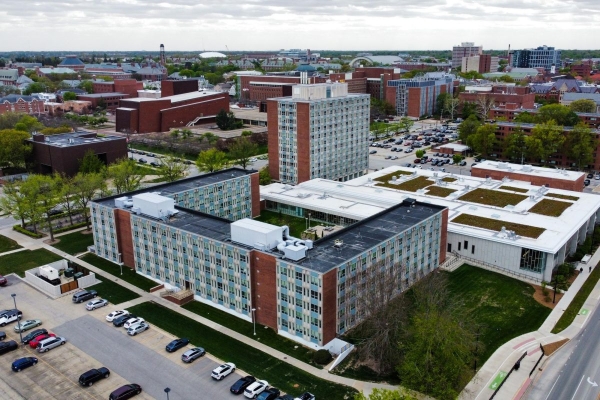As college campuses across the country prepare for the influx of incoming freshmen, many are facing a housing crunch that is leaving some students without a place to live. In an effort to accommodate all students, some colleges are turning to an unconventional solution: having freshmen bunk with their Resident Assistants (RAs).
Resident Assistants, or RAs, are upperclassmen who live in the dorms and are responsible for overseeing the well-being of the students on their floor. They serve as mentors, mediators, and resources for their peers, and are often chosen for their leadership skills and ability to connect with others.
Despite the important role that RAs play on campus, the idea of freshmen living with them may seem a bit daunting at first. However, colleges are finding that it can be a mutually beneficial arrangement for both parties.
For RAs, having a freshman roommate can provide a unique opportunity to mentor and guide a younger student through their first year of college. It allows them to give back to the community and share their wisdom and experiences with someone who may be feeling overwhelmed or unsure of what to expect.
For freshmen, living with an RA can offer a sense of comfort and security. RAs are trained to handle a variety of situations and can provide guidance and support to help freshmen navigate the challenges of college life. They can offer insights on campus resources, academic advice, and tips for getting involved on campus.
While the idea of living with an RA may not be ideal for everyone, colleges are doing their best to make the experience as positive as possible. RAs are typically given additional training and support to ensure they are prepared to take on the responsibility of mentoring a freshman roommate. Colleges also work to match roommates based on compatibility and interests to help foster a positive living environment.
Overall, the idea of freshmen bunking with their RAs may seem unconventional, but it is a creative solution to a growing problem on college campuses. By embracing this arrangement, colleges are able to accommodate all students while also fostering a sense of community and support among their residents.



